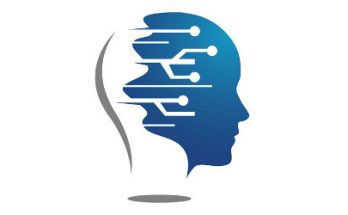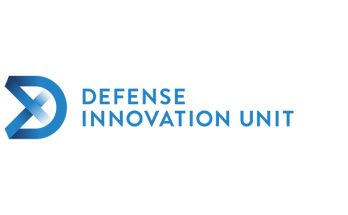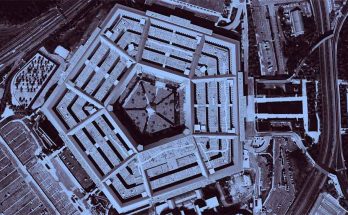“Operationalizing AI Ethics Principles”
Communications of the ACM, December 2020, Vol. 63 No. 12, Pages 18-21
Computing Ethics
By Cansu Canca
“Principle-based frameworks only provide a list of considerations rather than a complete and coherent decision-making tool.”
Artificial intelligence (AI) has become a part of our everyday lives from healthcare to law enforcement. AI-related ethical challenges have grown apace ranging from algorithmic bias and data privacy to transparency and accountability. As a direct reaction to these growing ethical concerns, organizations have been publishing their AI principles for ethical practice (over 100 sets and increasing). However, the multiplication of these mostly vaguely formulated principles has not proven to be helpful in guiding practice. Only by operationalizing AI principles for ethical practice can we help computer scientists, developers, and designers to spot and think through ethical issues and recognize when a complex ethical issue requires in-depth expert analysis. These operationalized AI principles for ethical practice will also help organizations confront unavoidable value trade-offs and consciously set their priorities. At the outset, it should be recognized that by their nature, AI ethics principles—as any principle-based framework—are not complete systems for ethical decision-making and not suitable for solving complex ethical problems. But once operationalized, they provide a valuable tool for detecting, conceptualizing, and devising solutions for ethical issues.
With the aim of operationalizing AI principles and guiding ethical practice, in February 2020, at the AI Ethics Lab we created the Dynamics of AI Principles,a an interactive toolbox with features to (1) sort, locate, and visualize sets of AI principles demonstrating their chronological, regional, and organizational development; (2) compare key points of different sets of principles; (3) show distribution of core principles; and (4) systematize the relation between principles. By collecting, sorting, and comparing different sets of AI principles, we discovered a barrier for operationalization: many of the sets of AI principles mix together core and instrumental principles without regard for how they relate to each other.
In any given set of AI principles, one finds a wide range of concepts like privacy, transparency, fairness, and autonomy. Such a list mixes core principles that have intrinsic values with instrumental principles whose function is to protect these intrinsic values. Human autonomy, for example, is an intrinsic value; it is valuable for its own sake. Consent, privacy, and transparency, on the other hand, are instrumental: we value them to the extent they protect autonomy and other intrinsic values. Understanding these categories and their relation to each other is the key to operationalizing AI principles that can inform both developers and organizations.
About the Author:
Cansu Canca is a philosopher and the Founder and Director of the AI Ethics Lab in Boston, MA, USA.
See also:






